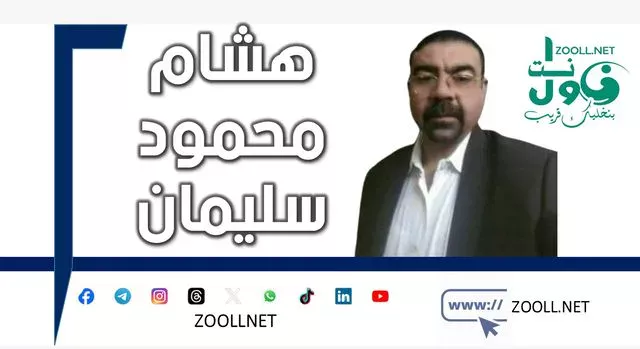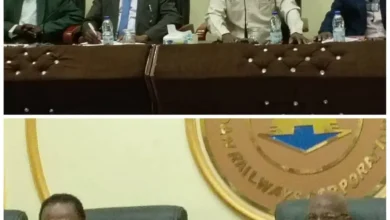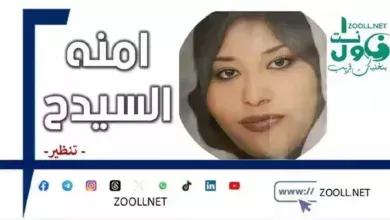Statements by Abdullah Hamdok in Kampala on the delegitimization of the current government and the formation of a government in exile ✍️ Hisham Mahmoud Suleiman

The formation of a government in exile or any political body claiming to represent the Sudanese people depends primarily on the degree of acceptance among the population, whether inside Sudan or among Sudanese communities abroad. According to available information, the objection of the Sudanese community in Britain and some other communities to this approach indicates that there is a major division on the legitimacy of this approach, and this can be analyzed as follows:-
1. Represent the Sudanese people
Internal representation: –
No political body can claim to fully represent the Sudanese people if it does not enjoy broad popular support within the country. Given the reality of the internal movement, it is clear that its popularity declined significantly after the outbreak of war, as did its support for the rebels. The Rapid Support Militia, and its failure to condemn the violations committed by it against the Sudanese people.
The reality of the current situation:
The Sudanese people currently suffer from deep divisions between the different political components
It is therefore difficult for a party to claim that it represents everyone.
But in view of the great public rally around the armed forces and the support of the popular resistance, it becomes clear that the vast majority of the people find themselves in the same trench as the armed forces, which are those who have the highest bill in this war. , and therefore any attempt to form a government in exile will be met with unprecedented resistance from the people.
2. External representation: –
Sudanese communities abroad play an important role in shaping international public opinion, and their rejection of the potential government in exile weakens its legitimacy and represents…
The objection from the Sudanese community in Britain is the position of a section of Sudanese living abroad who may view this government as an attempt to exclude other parties or implement foreign agendas.
Reasons for objections from Sudanese communities: –
Lack of national consensus
The majority of Sudanese, both at home and abroad, are seeking a comprehensive political solution that will end the crisis and not a unilateral measure that could deepen division and perpetuate the state of discord plaguing the region. without national consensus is interpreted as a preventive measure likely to reinforce the state of division and perpetuate instability.
3. Doubts about external support: –
Any association of the government in exile with external powers such as the Emirates or Western countries raises fear among Sudanese that this government is a tool used to achieve foreign interests at the expense of the national interest and therefore represents a case of high treason.
Low trust in political leaders: –
The record of leaders who wish to form a government in exile, including Abdullah Hamdok, may not enjoy the trust of a large part of the Sudanese due to past experiences and accusations against them because they are allied with rebel militias .
4. The impact of the objection of communities abroad: –
Pressure on the international community
The objection from Sudanese communities could help reduce the chances that the international community will recognize the government in exile as a legitimate body representing Sudan.
Western countries pay a lot of attention to immigrant communities, so opposition from Sudanese in Britain and other Arab countries could affect the position of the British government, the European Union and even the community internationally towards this government.
Strengthen the position of the current government:
Communities' opposition to the government in exile represents great support for the current government
5. Options for Sudanese:-
It is important that Sudanese political forces work to find an internal solution that represents all Sudanese instead of exporting the crisis abroad, and this is what Taqadum embraces. It is therefore a political force that works against political will. The crisis requires the involvement of everyone, including revolutionary forces, youth and communities abroad.
Dissect the Sudanese situation and agree on visions that will get Sudan out of this deep quagmire
In conclusion:-
The government in exile that Hamdok wants to discredit is not supported by the majority of the Sudanese people, both inside and outside. Therefore, it may be difficult to gain broad popular support, whether in Sudan or among communities abroad. does not have the necessary legitimacy to represent the Sudanese people, which will weaken its position before the international community and reinforce the need for comprehensive national solutions, far from solutions imposed or supported from the outside.





